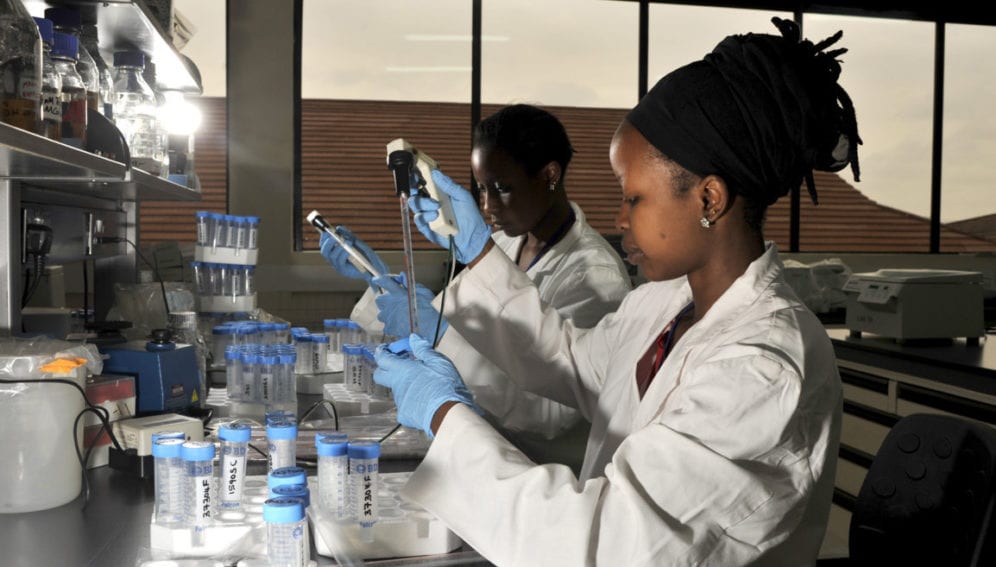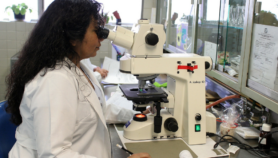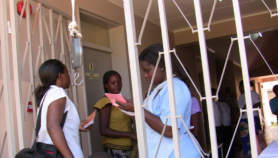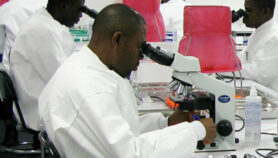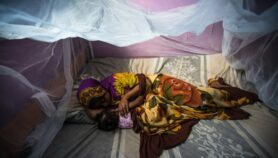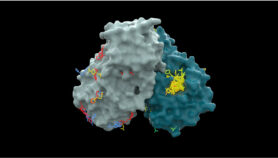Send to a friend
The details you provide on this page will not be used to send unsolicited email, and will not be sold to a 3rd party. See privacy policy.
[CAPE TOWN] Clinical research in Sub-Saharan Africa has thrived in the past decade largely through international funding, but policymakers’ lack of understanding of the importance of research is a major barrier, says a new report.
The report Africa Mapping: Current state of health research on poverty-related and neglected infectious diseases in Sub-Saharan Africa, released last month (19 September), analyses health research and funding commitments for poverty-related and neglected infectious diseases in 46 African countries.
Researchers selected 501 abstracts of articles published on health research for the period 2003-2012 and 265 abstracts of those that focused on research funding during 2007-2012 from three major databases — PubMed, Embase and Scopus — but reviewed 100 full papers, including 25 from other sources.
“If African governments and industry want research that is relevant to Africa’s needs, then it will have to be funded from local sources.”
Bongani Mayosi, the University of Cape Town.
More than 40 per cent of the abstracts focused on HIV/AIDS, 20 per cent on malaria, ten per cent on tuberculosis, with few targeting neglected infectious diseases, says the report. It adds that on average, external resources for health account for about 25 per cent of total health expenditure in Africa countries.
Gabrielle Breugelmans, a co-author of the report and North-North networking manager of the European and Developing Countries Clinical Trials Partnership (EDCTP), which commissioned the report in 2012, says: “The report helps to identify gaps in health research, make plans for funding future research and informs the dialogue with our African partners”.
The report adds: “Out of the 303 respondents interviewed, 120 ranked lack of funding as the most important barrier to the development of clinical research capacity in Africa, while 116 ranked lack of policymaker understanding of the importance of research as the most important barrier”.
Michael Makanga, EDCTP director South-South cooperation and head of the organisation’s Africa office, tells SciDev.Net that health research is critical to ensure a healthy population.
The report says Eritrea, Ethiopia, Gambia, Liberia, Malawi and Mozambique get over 50 per cent of their total national expenditure on health from international donors. It names Angola, Botswana, Cameroon, Equatorial Guinea, Gabon, Mauritania, Mauritius, Nigeria, Seychelles and South Africa as countries that receive less than ten per cent of the total national expenditure on health from external donors.
“This causes concern,” says Makanga. “Provision of limited funding towards health research and development … may compromise [African governments’] say in terms of priority setting for research and sustainability of research capacity.” Bongani Mayosi, chair of the Academy of Science of South Africa’s panel that in 2010 investigated clinical research investments in South Africa, shares the concern.
“If African governments and industry want research that is relevant to Africa’s needs, then it will have to be funded from local sources,” says Mayosi, who is also the head of department of medicine at the South Africa-based Groote Schuur Hospital and the University of Cape Town.
Link to report
This article has been produced by SciDev.Net's Sub-Saharan Africa desk.


